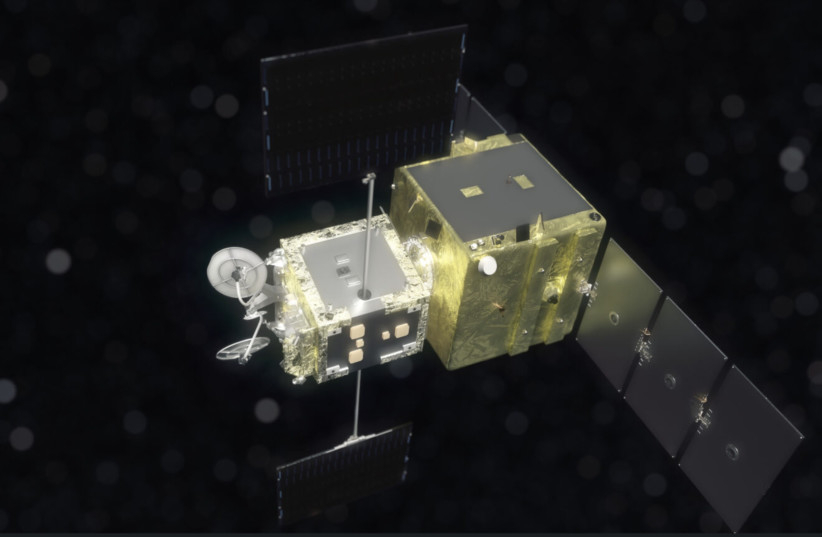Astroscale, a leading satellite service and long-term orbital sustainability provider, has unveiled its latest spacecraft designed to address the growing concern of space debris in Earth's orbit. The new spacecraft, named ELSA-M (End of Life Services by Astroscale-Multiple), aims to capture and deorbit decommissioned satellites, contributing to the cleaning of the space closest to Earth that is increasingly cluttered with dangerous debris.
With numerous companies planning to launch thousands of Low Earth Orbit (LEO) satellites in the coming years, the issue of reducing and disposing of space debris has become a pressing concern within the space industry. Currently, there are over 2,200 documented "dead" satellites, and recent years have witnessed more than 630 cases of orbital collisions.
Astroscale's ELSA-M spacecraft is designed to provide end-of-life services to disabled or malfunctioning satellites, offering a solution to this growing problem. "Space, today, is dangerously crowded," remarked Ofir Azriel, Managing Director of Astroscale Israel.
Building upon the success of its predecessor ELSA-D, which demonstrated magnetic capture capabilities in a previous space mission in 2021, Astroscale's ELSA-M will conduct a visual inspection of the malfunctioning satellite before establishing a connection.
The cleaning method of ELSA-M
Once connected, ELSA-M will utilize its propulsion system to lower the decommissioned satellite into atmospheric orbit, ensuring its safe breakup and burn. After disengaging, ELSA-M will then move on to its next target.
Simultaneously, Astroscale has announced the launch of its second-generation docking plate. This new docking plate enhances the ease of attachment to malfunctioning satellites, serving as a vital starting point for various service options and promoting responsible use of Earth's orbital resources. Astroscale envisions the docking plate becoming a standard product to be installed on all future LEO satellites, offering a low-risk and thoroughly tested solution that supports a flight lifetime of over 15 years.

The Docking Plate is designed to be highly compatible with multiple docking techniques, ensuring flexibility and servicer agnosticism. Advanced fiducial markers further enhance optical determination for improved accuracy and safety during servicing missions.
Supported in part by the British Space Agency and the European Space Agency (ESA), Astroscale aims to be the first company to demonstrate the commercial use of this new service. The ESLA-M spacecraft is scheduled for launch next year, with its initial task being to demonstrate attachment and diversion to the destruction orbit of the OneWeb satellite, which will be pre-equipped with Astroscale's new docking plate.
In 2021, Astroscale signed a $3.2 million deal with OneWeb, which plans to deploy over 6,000 satellites into LEO, to provide reliable services for decommissioned satellites.
The introduction of Astroscale's ELSA-M spacecraft and the second-generation docking plate marks significant progress in addressing the challenge of space debris and advancing long-term orbital sustainability. As the space industry continues to expand, innovative solutions like these are essential to ensure a safer and more responsible use of Earth's orbital resources.
